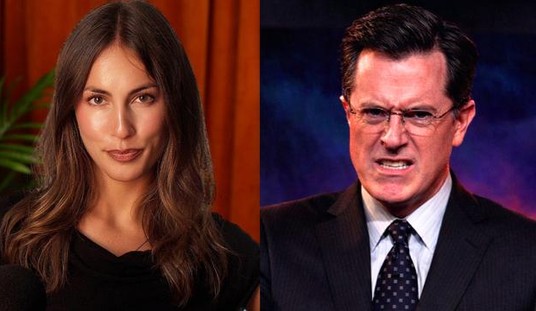We used to call them "sin taxes." Today, since the left doesn't believe anything is "sinful" — including alcohol and pot — they're just plain old excise taxes. And the beer and alcohol industry thinks that the pot industry is getting a pass.
The Beer Institute, a prominent lobbying trade group for the beer industry, released a list of "guiding principles" that called for heavier taxes and other restrictions on CBD and other hemp products.
"The Beer Institute supports efforts underway by lawmakers to close an unintended federal loophole that is enabling the proliferation of unregulated intoxicating hemp products across the country, including those containing synthetically derived THC," the statement said.
The Institute says that because the government treats beer, liquor, and wine differently, it should recognize CBD and cannabis products as "fundamentally different."
"Intoxicating hemp and cannabis products are fundamentally different than beer and the taxation of them by government entities should reflect these stark differences just as governments at all levels in the United States have consistently reaffirmed the different tax treatment between beer, wine, and hard liquor."
It's a point that needs to be discussed. I'm all for people being able to do with their bodies whatever they desire, but the government also has an obligation to ensure that products meet minimum standards of safety.
While marijuana remains illegal at the federal level, Congress inserted a provision into the 2018 farm bill legalizing hemp by defining it as part of the cannabis plant containing "not more than 0.3 percent" delta-9 THC, the psychoactive ingredient in marijuana. Soon thereafter, chemists began to manufacture intoxicating products with CBD derived from hemp that contained delta-8, a milder form of THC not mentioned in the farm bill.
It was a loophole wide enough to drive a semi-truck through. And the industry ran with it. Now there are all these unregulated, untaxed products being sold, and the Beer Institute doesn't like the competition.
The Beer Institute hasn't taken a formal position on legalizing pot. But they want cannabis products to be heavily taxed and face other restrictions.
"If legalized, the Beer Institute supports the establishment of a federal excise tax rate on intoxicating hemp and cannabis, with the tax rate set higher than the highest rate for any beverage alcohol product," the guidelines stipulate. "Regulators at the federal, state, and local levels should prohibit co-location of the sale of alcohol beverages in the same retail venues as intoxicating hemp and cannabis products, if legalized, and further, to avoid consumer confusion, intoxicating hemp and cannabis products, if legalized, should only be sold in dispensaries."
It's clear that if Congress were to restrict the sale of cannabis products to drug dispensaries, the growing industry would be strangled.
In addition to smoke shops, delta-8 products are often sold in gas stations and convenience stores, where they directly compete with alcohol: Among 12,000 stores and bodegas between January and July 2021, nearly 20 percent of all sales were for beer, cider, and malt beverages, while nonalcoholic beverages comprised only 13.3 percent. A trade group advocating for the beer industry is now asking Congress to forbid a competitor from sharing shelf space—not to mention tax rates intentionally set higher than for beer.
The proposal presents a classic "bootleggers and Baptists" scenario, in which groups with completely separate ideologies nonetheless come together to oppose a substance, even though their reasons are completely different.
"The classic coalition behind 'blue laws' that ban liquor sales on Sunday consisted of Baptists, who didn't want anyone drinking on their day of rest, and bootleggers, who enjoyed windfall profits on Sundays," James Plummer wrote in the November 1997 issue of Reason.
Except these "Baptists" wear Armani suits and contribute millions of dollars to politicians. It's not exactly David vs. Goliath, but the pot industry is outmanned and outgunned.










